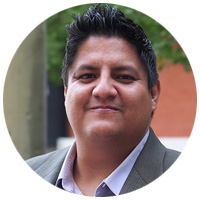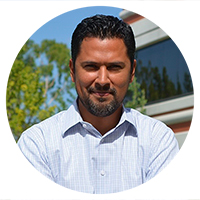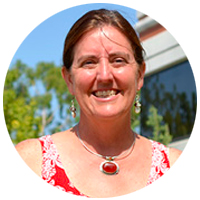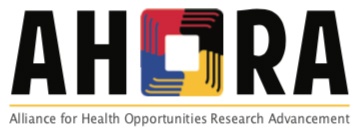Before BUILD: The Planning Grant
Before BUILD, there was the BUILD Planning Grant. Led by Drs. Guido Urizar, Britt Rios-Ellis, Paul Buonora, Gino Galvez and Mara Bird, the purpose of this National Institutes of Health (NIH) grant was to assess the strategic planning, strengths, weaknesses, opportunities and threats (SWOT) of California State University Long Beach in regard to programmatic resources and needs of underrepresented students (URS) in pursuing health-related research careers. What they uncovered helped inform BUILD’s first five years, 2014-2019.

Dr. Guido Urizar

Dr. Britt Rios-Ellis

Dr. Paul Buonora

Dr. Gino Galvez

Dr. Mara Bird
Highlights from the BUILD Planning Grant

Using focus groups and interviews with key audiences, including current students (both undergraduate and graduate), alumni in Ph.D. programs, CSULB faculty and administrators, and key individuals from pipeline and R1 institutions, the Planning Grant team was able to get a clearer picture of how CSULB was and wasn't supporting URS with potential for research careers.
They hosted a one-day conference where they presented, discussed and interpreted their results with stakeholders. Called Alliance for Health Opportunities Research Advancement—AHORA, which means “now” in Spanish (to reflect the urgent need to change our campus’ research infrastructure), the conference brought together key individuals to both learn about the preliminary findings and discuss ways to address the gaps revealed. Attendees included CSULB faculty, administrators, key individuals form pipeline and R1 institutions, and undergraduate and graduate students. After the conference, the results of both the study and the conference were presented in a report called “Charting a Path for Underrepresented Minority Success in Biomedical and Research Careers.”




Highlights from the AHORA SWOT Analysis of CSULB
Strengths
- CSULB offers one of the most cost-effective, quality higher education degrees in the nation
- There are a number of innovative and effective initiatives and programs housed in individual departments and colleges that could be scaled up and institutionalized to advance the entire university community.
- CSULB has been a Hispanic Serving Institution (HSI) since 2005 and has developed multiple campus and community-focused programs that support the Latino community, including the NCLR CSULB Center for Latino Community Health, Evaluation, and Leadership Training, and CSULB Centro Salud es Cultura.
- In 2011, CSULB became an Asian American and Native American Pacific Islander-Serving Institution.
- CSULB has multiple ongoing strong and well-articulated partnerships with local community colleges.
Weaknesses
- While CSULB has a number of collaborative interactions with Research I universities, formal or large-scale interactions are lacking.
- There is a need to increase the number of faculty from UR populations to serve as academic role models.
- The approach to promote graduate education is not integrated across campus, which means fewer students are aware of the opportunities and it is more challenging for those who decide to switch majors.
- While writing and communication courses are required for degrees, the skills specific to research professionals are not available within the curriculum.
- CSULB lacks consistently applied policies with regard to faculty workload and the resources needed to support the mentoring of student researchers.
Opportunities
- CSULB is located within one of the nation’s most diverse cities.
- CSULB can be held as a Model Institution due to its tradition of commitment to its diverse student population and its ongoing successful programs.
- CSULB provides an ideal environment for, and historic commitment to, the development of first-generation educated UR research scientists.
- CSULB’s central location, historical commitment to diversity, and emerging status in research make it a central partner, working with the region’s many nationally known Ph.D. granting institutions.
- CSULB has four colleges that train students for health-related research careers, providing opportunities for interdisciplinary interactions and shared resources among both students and faculty.
Threats
- Politicians and legislative leaders lack an understanding of the critical role that individualized mentor research experiences play in the development of future scientists, whom in turn can positively impact the public in a high-tech economy.
- Because the CSU system was structured as a teaching rather than research oriented enterprise, there is limited infrastructure, equipment, laboratory space and faculty time allotment to support research.
- First-generation educated Latino, African American, and Native American students have been, and continue to be, gravely underrepresented in the health-related disciplines, in the CSU system, and across the nation.
- The funding structure of higher education tends to come from a perspective of students purchasing a degree rather than individuals vested in the enrichment of a particular field of study. This results in a variety of policies and procedures that negatively impact student funding and faculty incentives to provide mentorship.
- The mentoring activities of faculty are seen as “inefficient” and are not accounted for in billable hours, in promotion or tenure decisions, grant application reviews, or in the allocation of institutional resources.
If you would like to read the full AHORA report, you can download it here.





